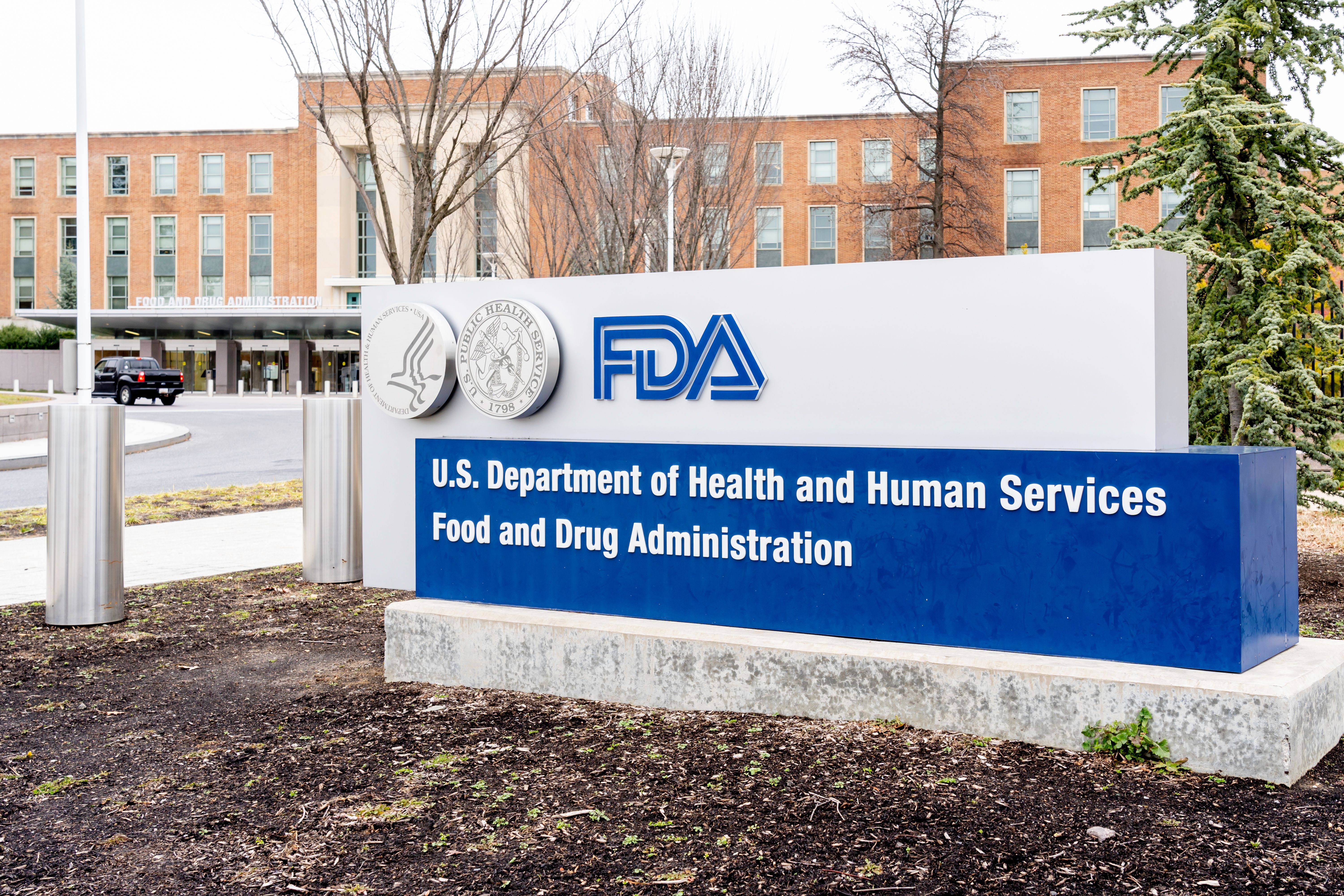- Bone Health
- Immunology
- Hematology
- Respiratory
- Dermatology
- Diabetes
- Gastroenterology
- Neurology
- Oncology
- Ophthalmology
- Rare Disease
- Rheumatology
BioRationality—FDA’s Guidance on Promotional Labeling
Sarfaraz K. Niazi, PhD, explains FDA's new guidance on promotional labeling as well as challenges and insights into how this new guidance will impact biosimilars.
Image credit: JHVEPhoto - stock.adobe.com

The FDA has issued a Q&A document on April 24, 2024 to address promotional labeling, which is any labeling other than FDA-required labeling or the approved prescribing information. It includes printed, audio, or visual matter describing a drug disseminated by or on behalf of a drug’s manufacturer, packer, or distributor. The FDA clarifies that this guidance document does not establish legally enforceable responsibilities. These are recommendations unless specific regulatory or statutory requirements are cited. Here are the highlights of the guidance:
- If a biosimilar product’s FDA-approved labeling uses the core name of the reference product followed by the word “products” to convey that risk applies to both the biosimilar product and the reference product, it would also be appropriate for similar presentations about this risk in promotional communications for the biosimilar product to use this nomenclature.
- Suppose promotional communications describe, for example, a study supporting a demonstration of biosimilarity or interchangeability in which a non-US-approved biological product was used as a comparator (or otherwise mentions such a product). In that case, FDA recommends that the product be accurately identified as a non-US-approved biological product.
- Since a biosimilar product’s FDA-approved labeling incorporates relevant data and information from the reference product’s FDA-approved labeling, including clinical data, data or information related to the safety or effectiveness of the biosimilar product that is not included in the biosimilar product’s FDA-approved labeling. For example, studies that supported the demonstration of biosimilarity between the biosimilar product and the reference product are generally not included in the FDA-approved labeling for the biosimilar product. These should be consistent with the principles outlined in the guidance for industry Medical Product Communications That Are Consistent With the FDA-Required Labeling: Questions and Answers (June 2018). Firms must also ensure that the communication satisfies applicable statutory and regulatory requirements.
- Representing or suggesting that the reference product is safer or more effective than the biosimilar product or that the biosimilar product is safer or more effective than the reference product is likely false or misleading. Similarly, representations or suggestions that create an impression that a biosimilar product is not highly similar to its reference product are likely to be false or misleading.
- Not allowed are presentations that represent or suggest that a licensed biosimilar product is not highly similar to the reference product or that a clinically meaningful difference in terms of safety, purity, or potency exists between the reference product and biosimilar product.
- Slight variations in the response rates between the biosimilar and the reference product should not be identified as showing a difference. They should state that the biosimilar product is just as effective as the reference product or that the reference product or biosimilar claiming higher efficacy would be misleading.
- Stating that the reference product has a higher number of indications in a manner that creates the impression that the biosimilar product is less safe or less effective than the reference product simply because the biosimilar product is licensed for fewer indications than the reference product would be misleading.
- Statements that the licensure pathway for the biosimilar product differs from that for the reference product also would be misleading.
- When multiple products are licensed as a biosimilar to and interchangeable with or biosimilar to but not interchangeable with the same reference product, promotional communications should avoid representing or suggesting that any of these products are less safe or effective than each other for their approved uses based on their licensure pathways.
- Reference products should avoid representing or suggesting that a biosimilar product is less safe or effective than the reference product because the biosimilar product has not been licensed as interchangeable with the reference product.
- A biosimilar product that represents or suggests that a finding of biosimilarity means that the FDA determined that the reference product and biosimilar product are identical generally would not be accurate.
- Reference products avoid representations or suggestions that the licensed biosimilar product is less safe or less effective than the reference product because it is not or may not be identical to the reference product.
- Firms voluntarily seek FDA feedback on promotional communications for reference or biosimilar products before disseminating those communications. They should follow the current process for submitting draft promotional communications for comment.
- Post-marketing reporting requirements for submitting promotional communications to the FDA apply to promotional communications for reference and biosimilar products.
- It should be noted that this document does not refer to prescribing information that now requires that the interchangeable status is not identified in the labeling.
While the FDA states that these are not binding suggestions, it allows both biosimilar and reference product firms to withhold each other responsibility and even litigate since a standard practice has been identified.
Newsletter
Where clinical, regulatory, and economic perspectives converge—sign up for Center for Biosimilars® emails to get expert insights on emerging treatment paradigms, biosimilar policy, and real-world outcomes that shape patient care.
